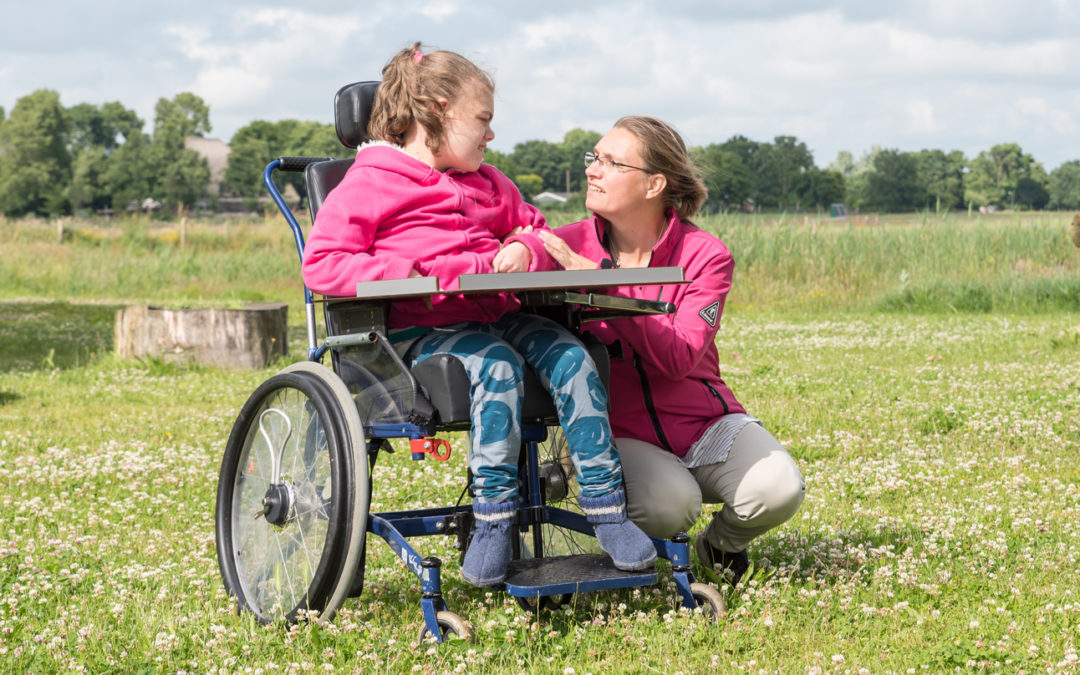When it comes to creating a special needs plan for a loved one with disabilities, it’s the hope that all family members are in agreement and ideally on the same page. But, as a Long Beach special needs lawyer, I have seen that even if everyone is working together, there can be issues when the parents are divorced. Often, there are separate estates, separate finances, and other factors to consider for both parents when creating trusts and other care plans for children with special needs. By facing the following challenges now, divorced parents have the best chance of creating solid plans for the future:
Understand that you two may have distinct financial and familial obligations. Remarriage and new families may make less money available for special needs planning. One parent may rely on the other to financially back any plans without fully understanding whether the other parent can do what is expected. Since divorced parents’ finances are separate, one parent cannot obligate the other to invest in or pay for something. Also, considering that lump sum inheritances can disqualify your child with special needs from receiving SSI and Medi-Cal, it’s best to make sure neither of you will accidentally undermine the other’s planning due to unintended consequences of your estate.
Work out any differences in opinion or desired outcomes. Parents may not want the same the thing for their adult child with disabilities, even though they both want the best. This can result in fights and disputes, which can turn ugly and contentious if not resolved. Hiring a Long Beach special needs lawyer to handle your child’s special needs plan means having a knowledgeable neutral party working in the best interest of your child, no matter what happens between the two of you.
Decide if one parent should take the lead. If a child with disabilities primarily lives with one parent who is more involved in the child’s ongoing care, then it may be in the best interest of the child for the more involved parent to take the lead and do the lion’s share of the planning. If one parent takes on more responsibility, that parent should strive to keep the other in the loop, while the other pledges support, both emotional and financial.
Make sure all families know what’s going on. Your child may have family members on both sides that don’t communicate with each other or know what’s planned. More importantly, they may have siblings, half-siblings, and step-siblings who may be very concerned about your plans, and especially with any lack of planning. Just because you’ve asked one or all of your children to take over for you when you’re gone, doesn’t mean they can just slip into your place, even if they have the time and means to do so. All parties who would be interested should be kept in the loop to avoid any arguments or fights over your child’s plan when you’re gone.
Special needs planning in California can be just as unique as your own family. Contact a Long Beach special needs lawyer when you’re ready to start planning. He or she has the experience and knowledge to work with challenges like divorced and blended families to create the right plan for your child and your family.

